How to handle erroneous values on an invoice? What are regulated entities of Circular 78 on handling erroneous invoices in Vietnam?
How to handle erroneous values on an invoice in Vietnam?
Pursuant to Article 7 of Circular 78/2021/TT-BTC, the following guidelines apply:
- In case of errors found on an issued e-invoice, the seller must reissue the tax authority’s code. If handling is required in the form of handlement or replacement according to Article 19 of Decree 123/2020/ND-CP, the seller is entitled to use Form No. 04/SS-HDĐT Download in Appendix IA issued together with Decree 123/2020/ND-CP to notify the handlement for each erroneous invoice or for multiple erroneous e-invoices. This notification must be sent to the tax authority at any time but not later than the last day of the value-added tax declaration period in which the handleed e-invoice arises.
- If the seller issues an invoice upon collecting payment in advance or during service provision as stipulated in Clause 2, Article 9 of Decree 123/2020/ND-CP and subsequently the service provision is canceled or terminated, the seller must cancel the issued e-invoice and notify the tax authority of the invoice cancellation using Form No. 04/SS-HDĐT Download from Appendix IA issued with Decree 123/2020/ND-CP.
- If an issued e-invoice is erroneous and has been processed in a form of handlement or replacement as per point b, clause 2, Article 19 of Decree 123/2020/ND-CP, but more errors are discovered thereafter, the seller will continue to handle subsequent errors in the manner initially applied.
- Within the notification period stipulated on Form No. 01/TB-RSDT Download Appendix IB attached to Decree No. 123/2020/ND-CP, the seller must notify the tax authority about checking the erroneous issued e-invoice. This notification should use Form No. 04/SS-HDĐT Download in Appendix IA issued with Decree No. 123/2020/ND-CP and must specify the basis for checking is the tax authority’s notification using Form No. 01/TB-RSDT Download, including the notification number and date.
- In cases where an issued e-invoice lacks invoice template symbols, invoice symbols, or invoice numbers have errors as stipulated, the seller shall only handle without canceling or replacing.
- Specifically, concerning the value content on an erroneous invoice, the seller will make an handlement increase (marked positive) or a decrease (marked negative) accurately reflecting the actual handlement.
Therefore, the way to handle values on erroneous invoices is by increasing (marked positive) or decreasing (marked negative) correctly according to the actual handlement.
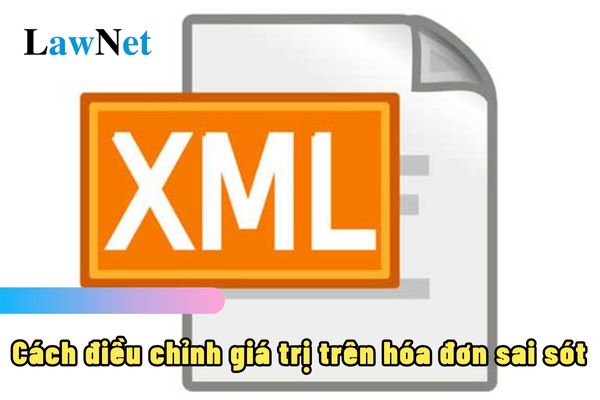
How to handle erroneous values on an invoice? What are regulated entities of Circular 78 on handling erroneous invoices in Vietnam? (Image from Internet)
What are regulated entities of Circular 78 on handling erroneous invoices in Vietnam?
According to Article 2 of Circular 78/2021/TT-BTC as follows:
Subjects of application
The entities subject to the guidance of this Circular are organizations, individuals provided for in Article 2 of Decree No. 123/2020/ND-CP.
Referring to Article 2 of Decree 123/2020/ND-CP as follows:
[1] Organizations and individuals selling goods and providing services including:
- Enterprises established and operating under Vietnamese law; branches, representative offices of foreign enterprises operating in Vietnam;
- Cooperatives, unions of cooperatives;
- Business households, individuals, cooperatives;
- Public service units with goods trade, service provision;
- Organizations that are not enterprises but have business activities.
[2] Organizations, individuals buying goods, services.
[3] Organizations collecting taxes, fees, and charges.
[4] Taxpayers, payers of fees and charges.
[5] Organizations responsible for personal income tax deductions.
[6] Organizations receiving invoices, documents printing; organizations providing software for self-printing of documents; organizations providing e-invoice, document services.
[7] Tax authorities including the General Department of Taxation, Departments of Taxation, and Sub-departments of Taxation (including regional Sub-departments of Taxation).
[8] Customs authorities including the General Department of Customs, the Customs Departments, the Post-clearance Inspection Departments, Customs Sub-departments.
[9] Organizations and individuals involved in the management and use of invoices and documents.
What are 7 principles for authorizing the issuance of e-invoices in Vietnam?
According to Article 3 of Circular 78/2021/TT-BTC the 7 principles for authorizing the issuance of e-invoices include:
Principle [1]: Sellers of goods, providers of services who are enterprises, economic organizations, or other organizations may authorize a third party, with affiliate relation to the sellers, eligible for using e-invoices and not subject to discontinuation of e-invoice usage as prescribed in Article 16 of Decree 123/2020/ND-CP, to issue e-invoices for the activities of selling goods and services. The affiliate relation is determined according to tax management regulations;
Principle [2]: The authorization must be in writing (contract or agreement) between the authorizer and the authorized party;
Principle [3]: The authorization must be notified to the tax authority when registering for the use of e-invoices;
Principle [4]: The e-invoices issued by the authorized organization are either e-invoices with or without the tax authority’s code, and must reflect the name, address, tax code of both the authorizer and the authorized party;
Principle [5]: Both the authorizer and the authorized party are responsible for publicly posting on their respective websites or publicly announcing in the media about the authorization for invoice issuance. Once the authorization period ends or terminates before its end as agreed by the parties, both the authorizer and the authorized party shall cancel the postings and publicly announce on their respective websites or public media about the conclusion of the authorization;
Principle [6]: If the authorized e-invoice is a non-code invoice of the tax authority (hereinafter referred to as a non-code e-invoice), the authorizer is required to transfer the e-invoice data to the direct tax authority or through an authorized service provider to transfer the data to the direct tax authority;
Principle [7]: The authorized party is responsible for issuing e-invoices according to the actual circumstances, agreements with the authorizer, and adhering to the principle provided in clause 1 of this Article.
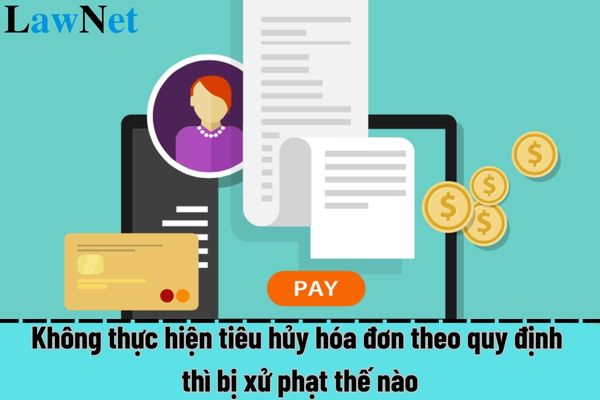

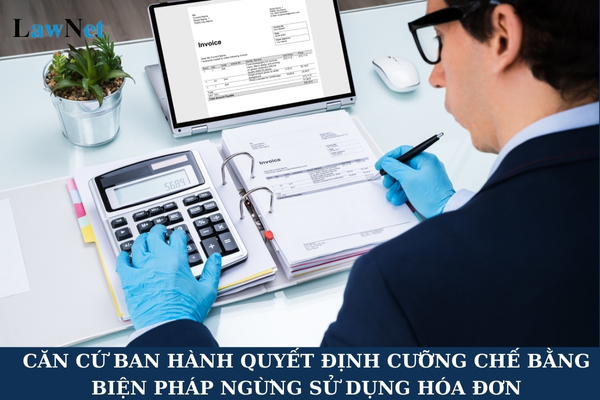



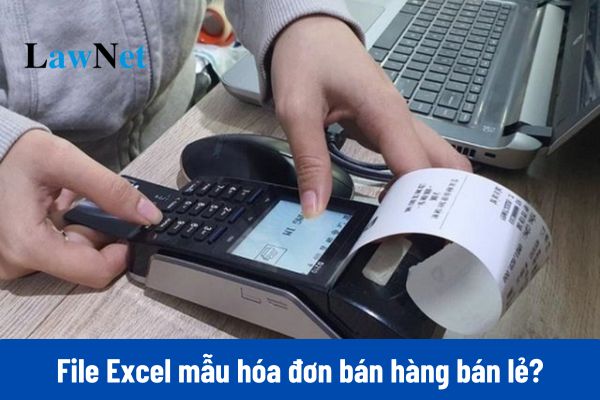


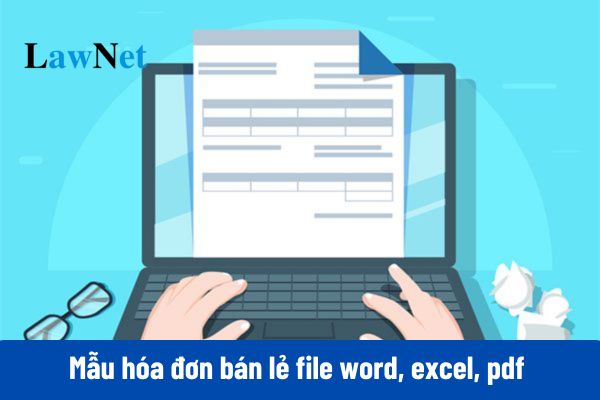
- What are Answers to Round 3 of the Contest on Learn about the 95th Anniversary of the Founding of the Communist Party of Vietnam and the History of the CPV Committee of Quang Ninh Province?
- How to calculate benefits for those retiring early upon downsizing in Vietnam? Is the retirement allowance subject to PIT?
- What is the initial licensing fee declaration form in Vietnam in 2025? How to complete the 2025 licensing fee declaration?
- What is the schedule of fees for chemical affairs in Vietnam? What are regulations on the management and use of fees in chemical affairs in Vietnam?
- What are the slaughtering control fees in veterinary in Vietnam? Are livestock farms subject to environmental protection fees in Vietnam?
- What are instructions for completing the tax declaration for fixed tax payers changing tax calculation methods in Vietnam (Form 01/CNKD)?
- How to determine the 2025 Tet bonus fund for Vietnamese officials and public employees according to Decree 73? Are 2025 Tet bonuses for Vietnamese officials and public employees taxable?
- What is the 2025 Tet holiday schedule for Shopee couriers in Vietnam? Shall goods under 1 million VND sent via express delivery to Vietnam not be exempted from import duty?
- What is the fixed asset liquidation minutes form in Vietnam according to Circular 200/2014?
- How to calculate benefits for Vietnamese tax officials retiring early in 2025?

